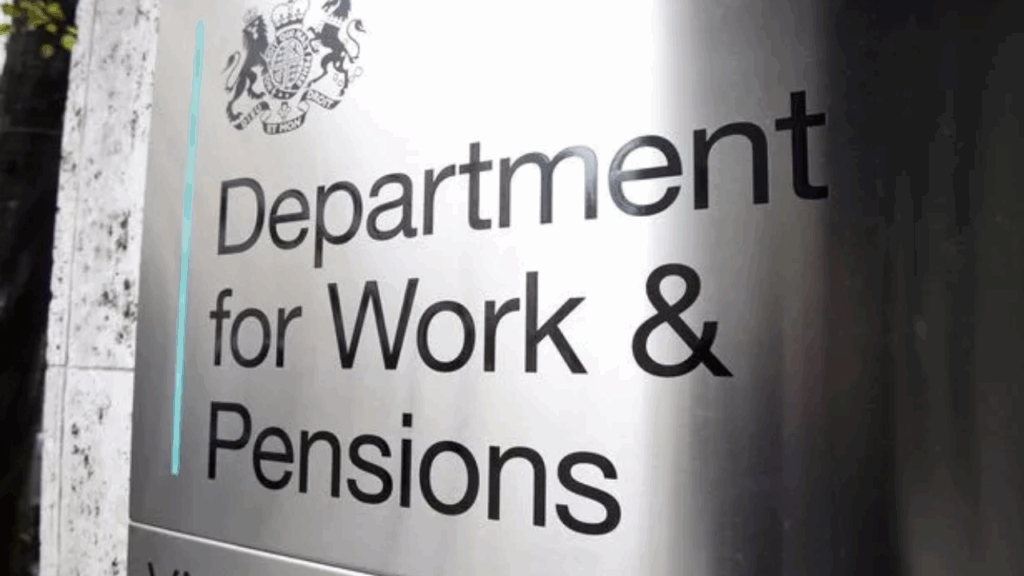Older adults across the UK could receive an extra £441 every month by claiming Attendance Allowance – a non-means-tested benefit that supports those over State Pension age with a disability or long-term health condition. But many eligible people miss out due to confusion around the application process or not providing the right information on the form.
To help, here are expert-backed tips on how to fill in the Attendance Allowance claim form effectively – and potentially secure up to £108.55 per week, depending on your level of need.
What Is Attendance Allowance?
Attendance Allowance is a tax-free benefit provided by the Department for Work and Pensions (DWP) to older people who require help with personal care or supervision due to physical or mental health issues. There are two rates:
- Lower rate (£72.65 per week) – for people who need help during the day or night
- Higher rate (£108.55 per week) – for those who require help both day and night
That’s up to £441.35 per month.
1. Be Honest and Detailed About Your Needs
The most common reason claims are denied is that applicants understate their needs.
Describe how your condition affects everyday activities like washing, dressing, using the toilet, or preparing food.
Don’t just name the condition – explain its real impact on your life.
Mention any falls, accidents, or safety concerns, even if they seem minor.
Pro tip: Don’t assume your challenges are ‘normal for your age’. Attendance Allowance is for anyone whose condition impacts their independence.

2. Give Specific, Real-Life Examples
You should illustrate your care needs with examples. Instead of saying “I need help washing,” explain:
Mention how frequently you need help and how long the assistance takes.
This helps DWP assess whether your needs meet the threshold for the higher rate of payment.
3. Include All Health Conditions – Physical & Mental
List all medical issues, even if they seem unrelated. Conditions like arthritis, dementia, Parkinson’s, diabetes, depression, and chronic pain all count – and their combined effect can strengthen your claim.
Include mental health issues like anxiety or memory loss. These may qualify you for extra support, especially if they require supervision or prompting.
4. Attach Supporting Evidence
While it’s not mandatory, including medical evidence can strengthen your application.
Helpful documents:
- GP or hospital letters
- Prescription lists
- Care plans or assessments
- Statements from carers, family, or professionals
It gives decision-makers a clearer picture of your condition.
5. Get Help Filling Out the Form
The form can be over 30 pages long and quite complex. If you’re unsure, don’t hesitate to seek help from:
Both offer free advice and can even help you fill the form in person or over the phone.
You can also call the DWP Attendance Allowance Helpline on 0800 731 0122 to request a form or ask questions.
6. Understand the Claim Process
You can get the claim form in two ways:
- Download it from gov.uk/attendance-allowance-claim-form
- Request it by phone to get your payments backdated to the day you called
Once completed, send the form to the DWP address provided. Keep a copy for your records.
7. Prepare for a DWP Assessment
In some cases, the DWP may:
- Call you for clarification
- Send a health professional to your home for an assessment
Keep a care diary noting what help you receive each day.
Be prepared to talk openly about your struggles – even if they’re uncomfortable to share.
Conclusion
Filling in the Attendance Allowance claim form thoroughly and accurately could mean hundreds of pounds added to your income every month. Many people lose out simply because they don’t include enough detail or ask for help.
If you’re over State Pension age and struggling with daily activities due to a health condition, you should absolutely consider applying.





